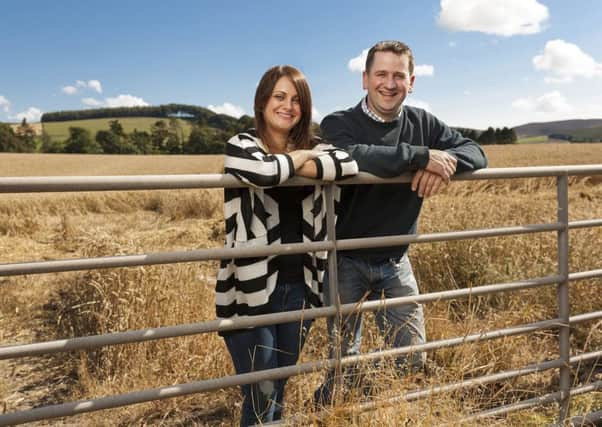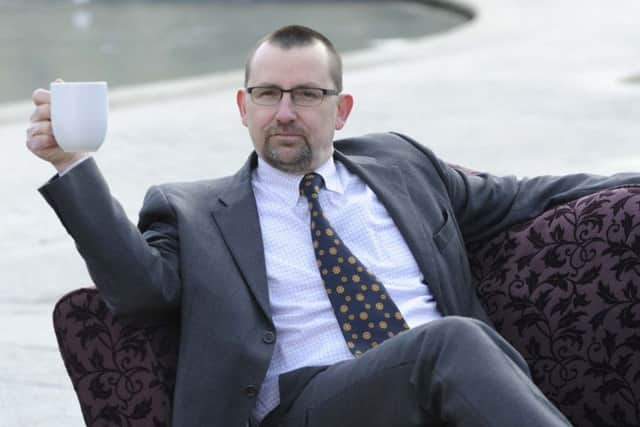How Scotland could save £1.5bn by switching from a disposable culture


Moving towards a circular economy, which minimises what is thrown away by finding new and profitable uses for waste while promoting remanufacture and alternatives to ownership, could also reduce the country’s carbon emissions by around 11 million tonnes by 2050.
Creating a circular economy is now a key area of Scottish Government work with an £18m fund set up by Zero Waste Scotland to help businesses adapt to the new way of doing things.


Advertisement
Hide AdAdvertisement
Hide AdA growing number of entrepreneurs are already seizing opportunities, including the Angus farmer who makes vodka out of potatoes rejected by supermarkets and the Fife-based scientists who turn fibres from discarded sugar beet root into a sustainable, thickening product for paint and other industrial products.
Research is also ongoing how £50m worth of gold can be extracted from mobile phones in circulation in Scotland so the precious metal can be re-used rather than thrown away.
Iain Gulland, chief executive of Zero Waste Scotland, said it was “exciting times” as the appetite for the circular economy in Scotland grew, with the country seen as leading the way in the field given the financial support available for business wanting to move away from the linear “take, make, dispose” economic model.


Mr Gulland said: “It is really about making things last longer and about getting people to think differently about the products, materials and services they are using.
“In everyday life, it is about how we can reuse and repair them and I think that resonates with people, who I think are frustrated with modern gadgets and all the things that can’t be repaired and which people are really forced to throw away and buy something new to replace it.
“It’s about making things more productive within our economy.”
Mr Gulland said the public was already tapping into the circular economy with services such as Netflix and Spotify, which the consumer can lease instead of physically owning a product.
He added that the kilt – and how it was leased or owned –was also a very strong example of the model at work.
Advertisement
Hide AdAdvertisement
Hide AdMr Gulland said: “Men either lease a kilt for a special occasion or they will own a kilt for the whole of their life, and sometimes pass it on. They are designed in such a way to last your whole life and can be adjusted to size. They are a very durable product.”
Remanufacturing, which promotes reuse and repair of products, is already worth £1.1bn to the Scottish economy with potential to grow by £620 million by 2020, adding 5,700 new jobs, Mr Gulland said.
The food and drink industry is also crucial to the growth of the circular economy with an estimated £500m and £800m worth of savings and new investment identified primarily through new uses of by-products.
Farmer Graeme Jarron, of Ogilvy Spirits, based near Glamis, Angus, launched his vodka last year after finding a way to generate profit from potatoes rejected by supermarkets.
He said:“There is nothing worse as a farmer to see what you produce go to waste. We are trying to show others what can be done. We are by no means at the forefront of this but we have tried to increase the business with what we have.”
